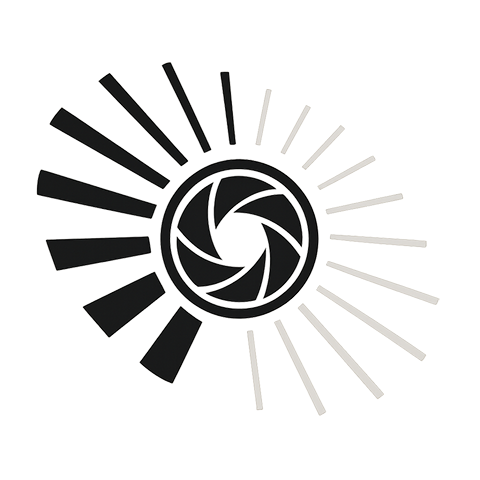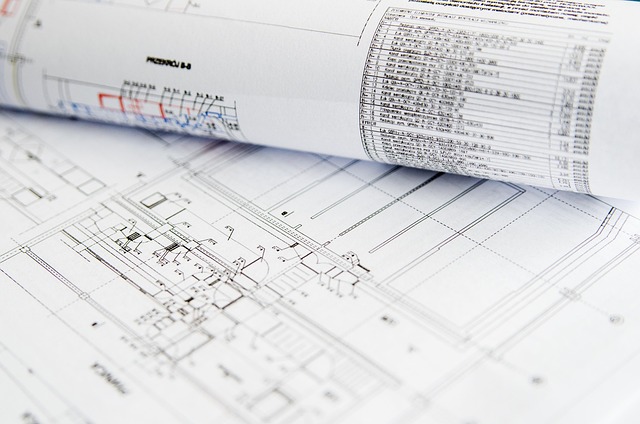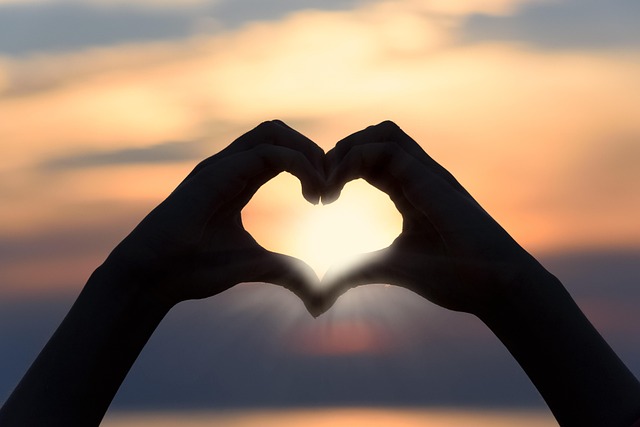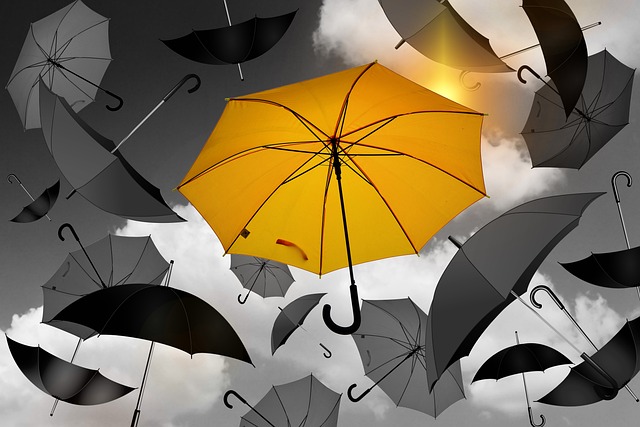Mastering the Art of Composition: Enhancing Your Photography with Optics and Camera Documentation
Photography is more than just capturing moments; it’s an artistic endeavor that invites creativity and technical skill to come together. One often overlooked aspect of honing your photographic craft is the concept of documentation. Whether you’re just starting or looking to elevate your skills, understanding how to document your process can significantly improve your photography and compositional techniques.
The Power of Documentation
Documentation plays a pivotal role in photography. It’s not solely about keeping records; it’s an essential tool for understanding your progress, analyzing your work, and refining your compositional eye. When you document your photography journey, you’re creating a narrative that tracks your growth, struggles, and achievements. This self-reflective practice helps you identify patterns in your photography style and understand which techniques resonate with your vision.
Choosing the Right Optics
The optics you choose can make a world of difference in how your photos turn out. From wide-angle lenses that capture sweeping landscapes to macro lenses that unveil the intricate details of small subjects, optics will significantly influence your composition. When documenting your lens choices and the results they yield, you’ll gain deeper insights into what works best for your style. Are you drawn to the softness of a prime lens? Or do you prefer the versatility of a zoom? Write these experiences down and witness how they shape your vision.
Camera Settings and Composition
Understanding your camera settings is crucial for mastering composition. By documenting your camera settings—like aperture, shutter speed, and ISO—for various shots, you begin to see how each parameter affects your final image. When you consciously observe how adjusting these settings influences light and depth of field, you can refine your composition skills. Maybe you’ll discover that a slightly shallower depth of field elevates the subject’s prominence in your shots. This awareness stems from diligent documentation of your photographic experiments.
Photo Reviews and Reflection
After a photoshoot, take time to review your images. Create a documentation habit by keeping a photography journal where you note your thoughts about each shot: What inspired you? What challenges did you face? What could you have done differently? This practice fosters a deeper connection to your work and equips you with the knowledge needed to make informed choices in the future.
Learning from Others
Don’t hesitate to learn from the work of other photographers as well. Document the techniques and compositions you admire. Try to dissect their work; analyze the optics they used, and the composition techniques they applied, and see how you can incorporate those elements into your own style.
As you record your thoughts and findings, you’ll find that your unique voice emerges through experimentation and reflection. Documenting your journey enriches your photography with intent and purpose, ultimately leading you to create powerful, evocative images that resonate with your audience.
By embracing documentation in your photographic practice, not only do you enhance your skills, but you also nurture the growth of your artistic vision. So grab your camera, start capturing, and don’t forget to document every moment along the way!




